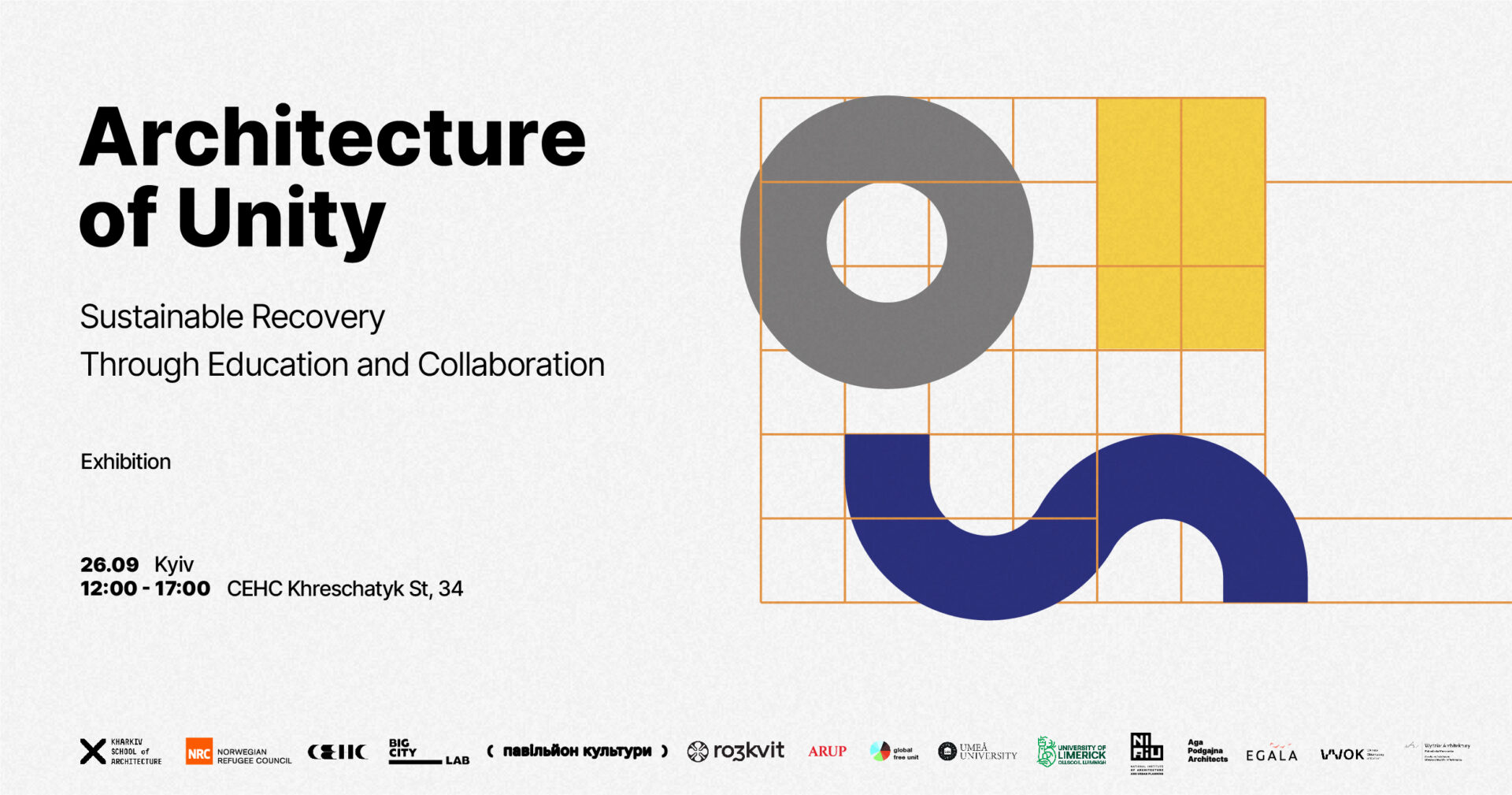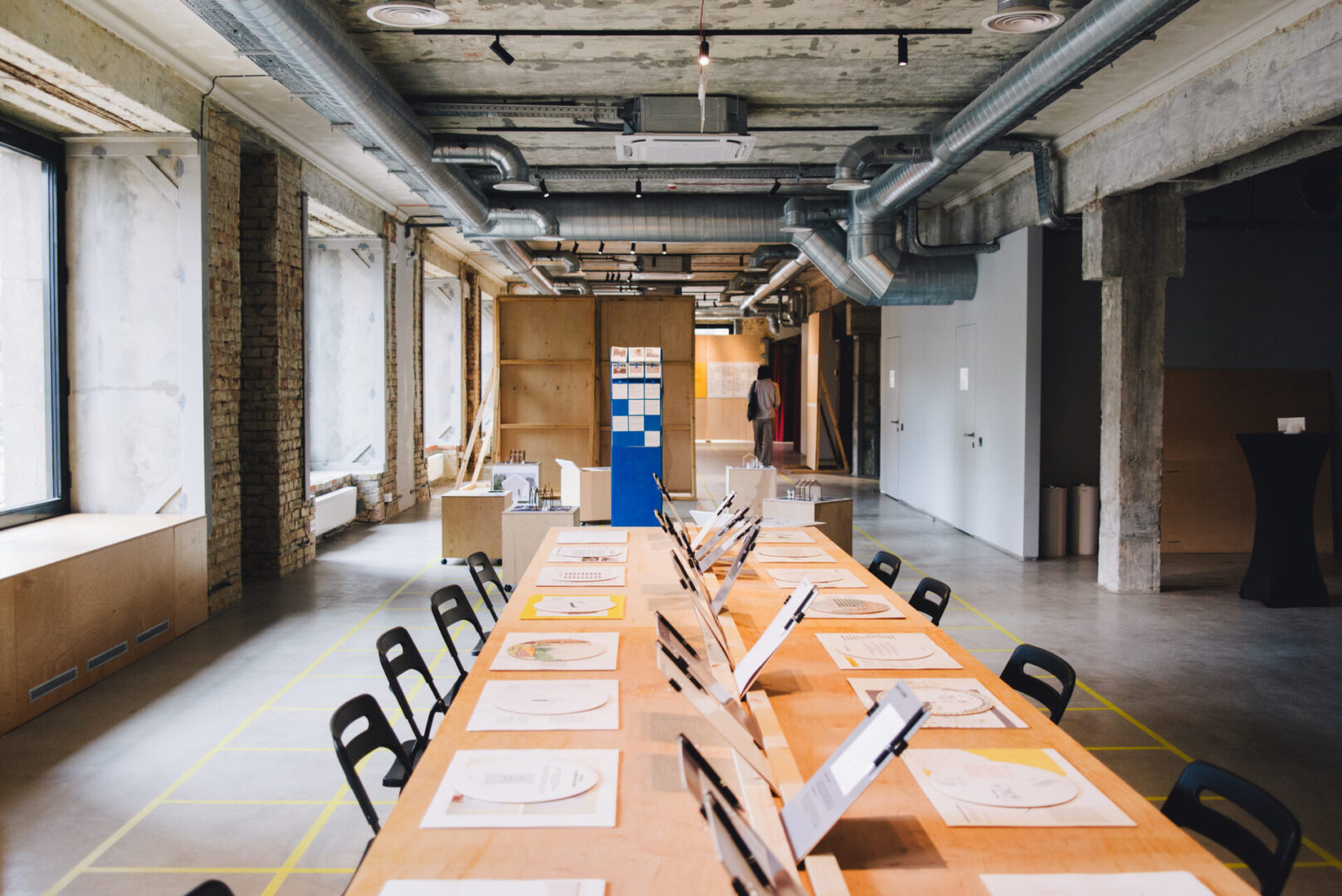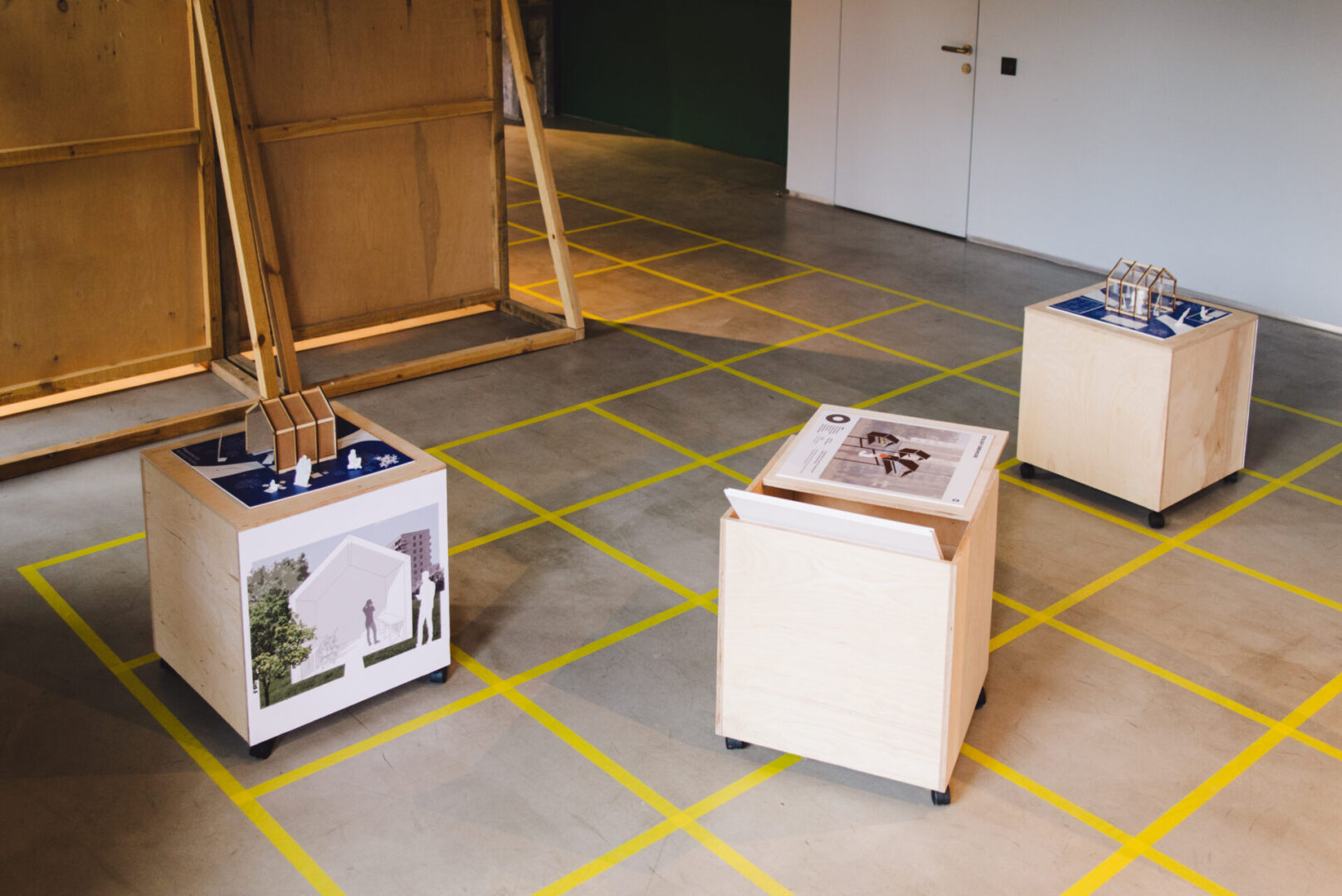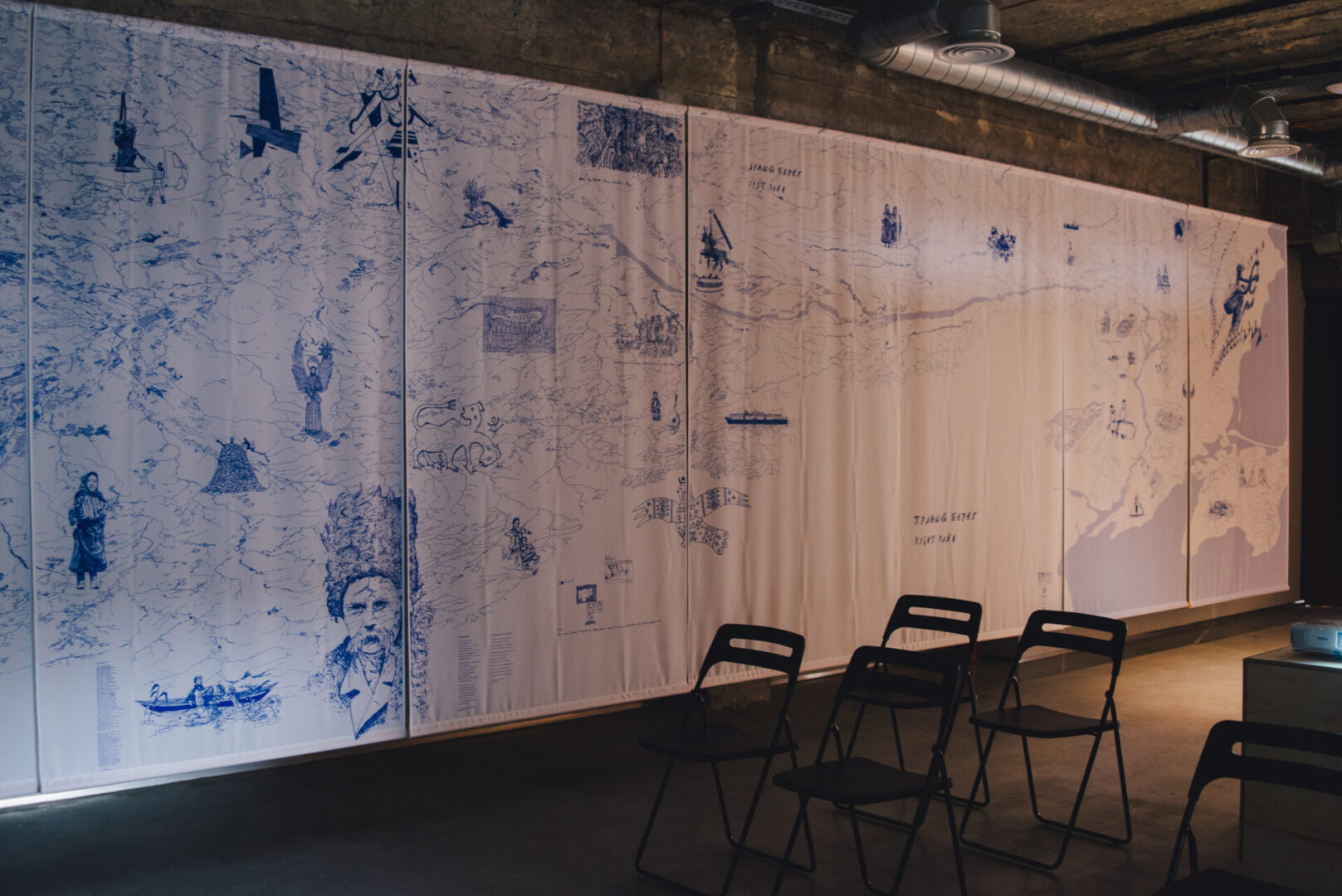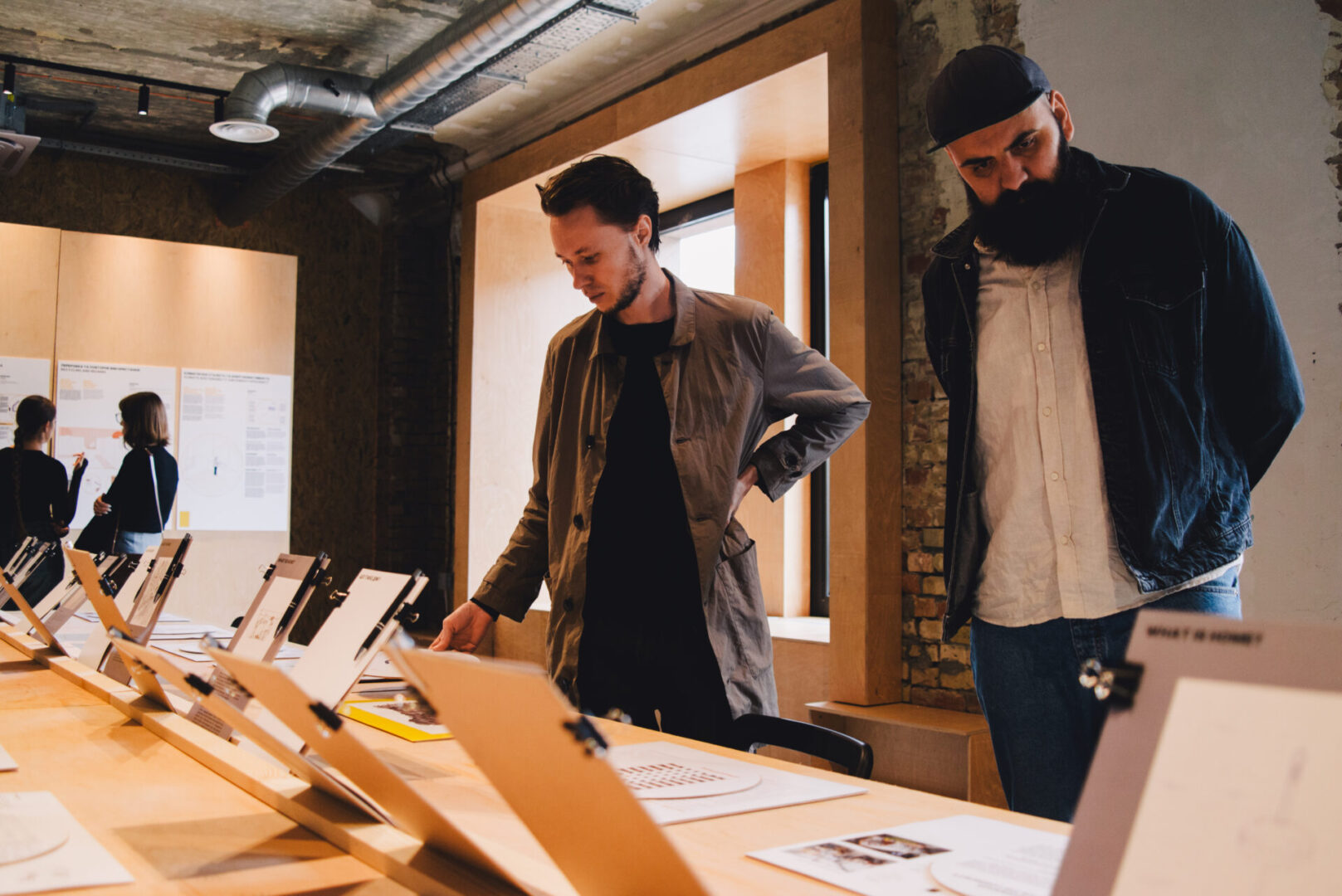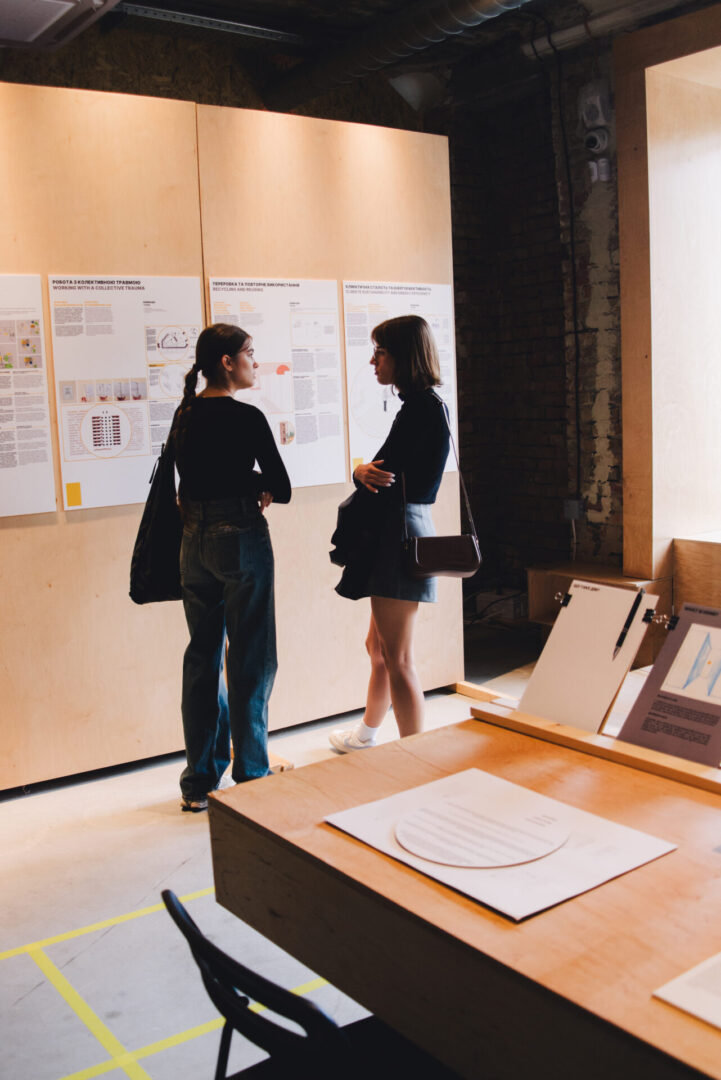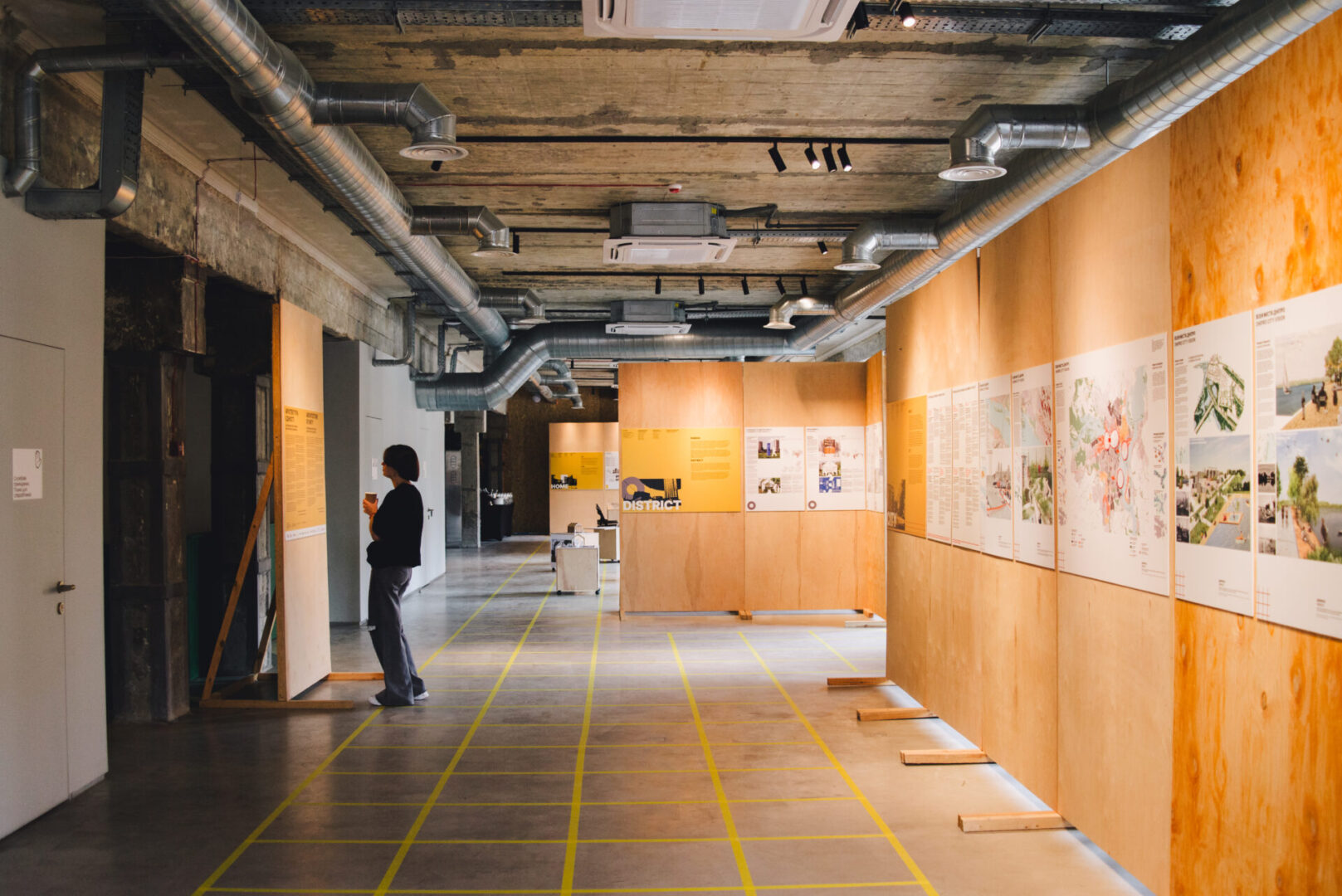
In January 2024, over 100 students of architecture and urban design, alongside educators, researchers, professionals, civil society organisations, and policymakers from Ukraine, Norway, Sweden, Poland, Ireland, Canada, the United Kingdom, the Netherlands, and Germany, gathered for a collaborative workshop, held concurrently in Warsaw and Lviv, to create a vision for the sustainable recovery of Ukrainian society
For two weeks, their unified goal was to help develop the Ukrainian student-led visions for their future, with a specific focus on the city of Dnipro and the Dnipro River Basin. This initiative was informed by over 33 lectures and talks, and sought to address the country’s urgent need for innovative, forward-thinking and resilient reconstruction solutions.
For the Kharkiv School of Architecture, the workshop was pivotal in establishing relationships that aim to enable the launch of Ukraine’s first independent master’s course in Architecture and Urban Design for post-war reconstruction.
